On February 24, 2025, the Constitutional Court (Mahkamah Konstitusi) disqualified the candidate pair for Bupati and Vice Bupati of Mahakam Ulu, Owena Mayang Shari and Stanislaus Liah. This decision was made due to their involvement in structured, systematic, and massive violations during the election process. How does this impact the local political landscape?
- Mahkamah Konstitusi disqualified Owena-Stanislaus.
- Violations deemed structured, systematic, and massive.
- Political contract with RT leaders identified.
- Promises included significant budget allocations.
- Campaign violations linked to local government officials.
- KPU ordered to conduct repeat voting.
Constitutional Court Disqualifies Candidates for Mahakam Ulu Election Violations
What does it mean when candidates are disqualified from an election? The recent ruling by the Constitutional Court highlights serious concerns about election integrity in Indonesia. The court found Owena and Stanislaus guilty of manipulating the electoral process through illegal contracts with local leaders.
Key Reasons Behind the Disqualification of Owena and Stanislaus
The court’s decision was based on several critical findings:
- Evidence of vote-buying through political contracts with local leaders.
- Systematic planning to influence voters and limit their choices.
- Engagement in campaign activities that blurred the lines between government programs and personal election agendas.
- Prior allegations of electoral misconduct against Owena Mayang Shari.
Impact of the Ruling on Mahakam Ulu’s Political Future
This ruling not only affects the disqualified candidates but also sets a precedent for future elections. It underscores the need for transparency and accountability in political campaigns. The Constitutional Court’s decision could lead to a re-vote in Mahakam Ulu, allowing voters to choose candidates who adhere to electoral laws.
Broader Implications for Indonesian Democracy
The disqualification of Owena and Stanislaus serves as a reminder of the ongoing challenges faced by Indonesia in maintaining democratic integrity. As the nation moves forward, ensuring fair elections will be crucial for building public trust and engagement in the political process.
In conclusion, the Constitutional Court’s ruling against Owena Mayang Shari and Stanislaus Liah highlights the importance of upholding electoral laws in Indonesia. This decision may pave the way for a more transparent and accountable political system.



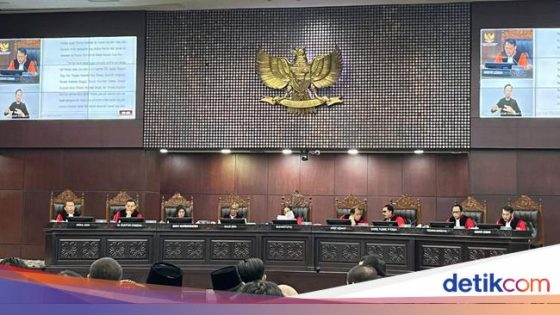

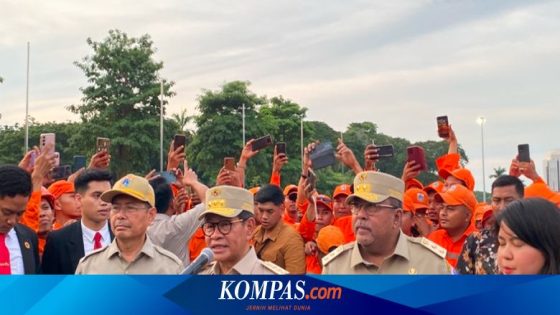
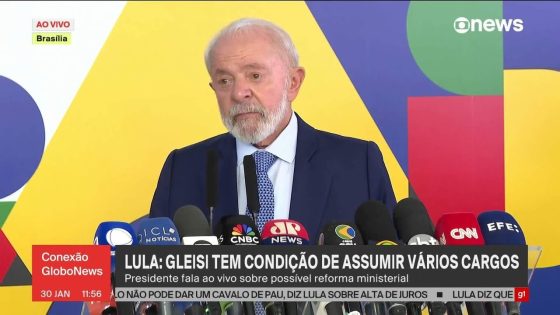
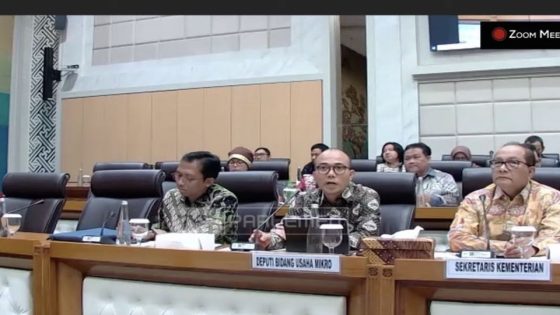
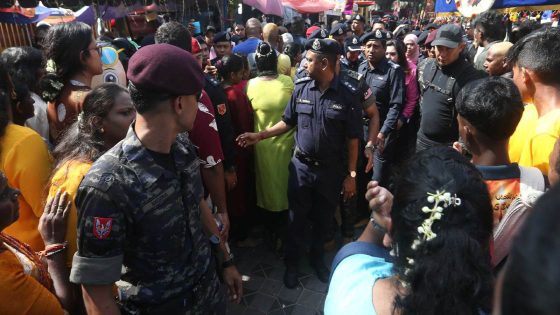




















![Binance Coin [BNB] Price Surge Ahead: Crucial Levels to Monitor Amid Market Shifts](https://news.faharas.net/wp-content/uploads/2025/02/Binance-Coin-BNB-Price-Surge-Ahead-Crucial-Levels-to-Monitor.webp.webp)


